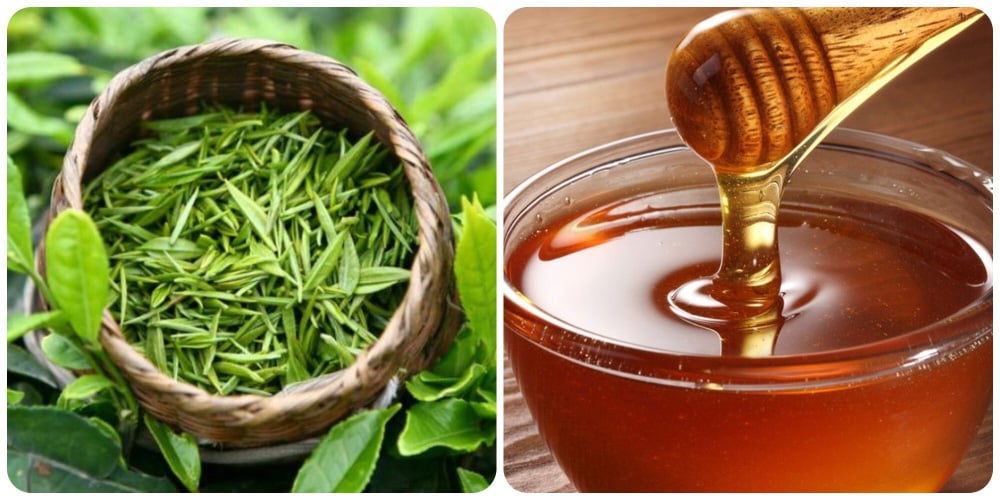
Should tea be combined with honey - Illustration photo
Can tea and honey be combined?
Tea and honey are both known for their many health benefits. Tea is a typical Vietnamese drink, both quenching thirst and improving health.
Many studies have shown that drinking tea regularly will help support the cardiovascular system, increase antioxidants, help the body relax, stay alert, and support weight loss...
While honey contains sugar and a significant amount of calories, it is a rich source of nutrients including health-promoting enzymes, vitamins, and minerals.
Tea is often combined with jasmine, chrysanthemum, artichoke... to create a unique flavor that is good for health. Honey is also used to "season" drinks such as honey lemonade, ginger honey, milk honey... to become nutritious drinks.
Recently, many people choose to combine tea with honey because they believe it can be good for their health. Talking to Tuoi Tre about this issue, physician Tran Van Ban - President of the Central Association of Vietnamese Oriental Medicine said that up to now, in oriental medicine, tea has not been combined with honey.
"Usually, drinking tea helps support the digestive system. When combining tea with honey, in fact, tea has a lot of tannin, while honey contains a lot of sugar, so the combination has no effect. However, it is not taboo. Combining tea with honey can be like an impromptu drink to change the flavor," said Mr. Ban.
In addition, some experts also recommend that green tea combined with honey should not be drunk immediately after meals, because tannins in green tea can prevent the absorption of other nutrients.
Besides, you should only mix a small amount of honey into green tea and not use too much. Especially, for those at risk of anemia, constipation, and impaired liver function, you should not use this drink.
Drinking green tea with milk loses its effectiveness in preventing many diseases.
MSc. Hoang Khanh Toan, former head of the Department of Traditional Medicine, 108 Central Military Hospital, said that traditional medicine practitioners have discussed the uses of tea enthusiastically since ancient times and have discovered and confirmed it on many different levels.
According to oriental medicine, tea is bitter, astringent, slightly sweet, and affects the liver and kidney meridians. It has the effect of clearing heat, quenching thirst, digesting food, and promoting urination, relaxing the mind, cooling the skin, relieving dizziness, lightheadedness, reducing acne, and stopping diarrhea and dysentery.
Since the 1980s of the 20th century until now, tea has also attracted extensive research attention from modern medical scientists.
Up to now, people have agreed that tea has effects such as cooling and quenching thirst, diuretic and detoxifying, stimulating digestion, reducing blood fat, increasing energy consumption, including energy extracted from excess fat in humans, helping to effectively prevent obesity, increase excitement and improve memory, and enhance immune function.
In addition, this drink is anti-inflammatory, anti-allergic, anti-bacterial, anti-platelet aggregation and thrombosis, anti-oxidant and free radical elimination, anti-radiation, anti-fatigue and slows down the aging process, reduces blood sugar, helps prevent diabetes, prevents anemia and prevents leukopenia due to radiation, prevents cerebrovascular diseases and especially has anti-cancer effects.
In addition, tea also has the function of astringing the intestines to stop diarrhea, preventing the formation of urinary stones and gallstones, preventing gout and hyperthyroidism, preventing vitamin deficiencies, especially vitamin C, enhancing resistance, strengthening blood vessels...
However, tea can reduce or eliminate the effects of active ingredients in drugs, so not only antibiotics and functional foods but also other drugs should be taken at least 2 hours apart from drinking tea.
Tea mixed with milk is a very attractive drink, but this is an imperfect and disadvantageous combination because milk will reduce the effect of tea in preventing cardiovascular disease and conversely, tea makes milk difficult to digest and reduces its nutritional value.
Mr. Nguyen Anh Tuan, head of the Department of Digestive Surgery, 108 Central Military Hospital, also recommends that people should not drink hot tea mixed with boiling water at 100 degrees Celsius, because it can easily damage the esophageal mucosa. Over time, the esophagus, oral cavity, stomach, and digestive tract are damaged and cancer forms.
In a study by the International Agency for Research on Cancer (IARC) of WHO, hot drinks above 65 degrees Celsius were listed as group 2A carcinogens.
According to IARC, consuming very hot drinks such as tea, coffee... increases the risk of esophageal cancer, oral cancer, and pharyngeal cancer because high temperatures can damage these organs.
At the same time, food that is too hot can also cause serious damage to the digestive system and intestines. When drinking hot tea, the high temperature of the tea can increase the temperature of the stomach lining and irritate the lining, leading to pain, discomfort or stomach ulcers.
In addition, drinking hot tea for a long time can damage the stomach lining and increase the risk of stomach ulcers. This is especially true for people with sensitive stomachs or gastritis.
How to drink tea safely for health:
- Do not drink tea that has been left overnight because it will produce substances that are not good for the body.
- You should drink diluted tea to limit the amount of caffeine absorbed into the body.
- Avoid drinking tea before and after meals.
- You should not drink green tea close to bedtime because caffeine will keep you awake, making it harder to sleep.
- Do not use green tea to take medicine because the active ingredients in tea will reduce the effectiveness of the medicine.
- Drinking green tea on an empty stomach will dilute gastric juice, reduce the ability to digest food and easily cause gastritis. Therefore, you should never drink tea on an empty stomach because it will cause stomach pain and make stomach pain worse.
- If you have a stomach ulcer, you should not drink tea. Because the tannin in tea stimulates the stomach wall cells to secrete more acid, making the ulcer worse.
- Steeping and drinking tea at a temperature of 50 - 70 degrees Celsius will ensure safety.
Source: https://tuoitre.vn/tra-va-sua-mat-ong-co-nen-ket-hop-voi-nhau-20241006095933459.htm


![[Photo] General Secretary To Lam chairs the third meeting to review the implementation of Resolution No. 18-NQ/TW](https://vstatic.vietnam.vn/vietnam/resource/IMAGE/2025/4/14/10f646e55e8e4f3b8c9ae2e35705481d)
![[Photo] Opening of the 44th session of the National Assembly Standing Committee](https://vstatic.vietnam.vn/vietnam/resource/IMAGE/2025/4/14/03a1687d4f584352a4b7aa6aa0f73792)
![[Photo] Children's smiles - hope after the earthquake disaster in Myanmar](https://vstatic.vietnam.vn/vietnam/resource/IMAGE/2025/4/14/9fc59328310d43839c4d369d08421cf3)


![[Photo] Touching images recreated at the program "Resources for Victory"](https://vstatic.vietnam.vn/vietnam/resource/IMAGE/2025/4/14/99863147ad274f01a9b208519ebc0dd2)
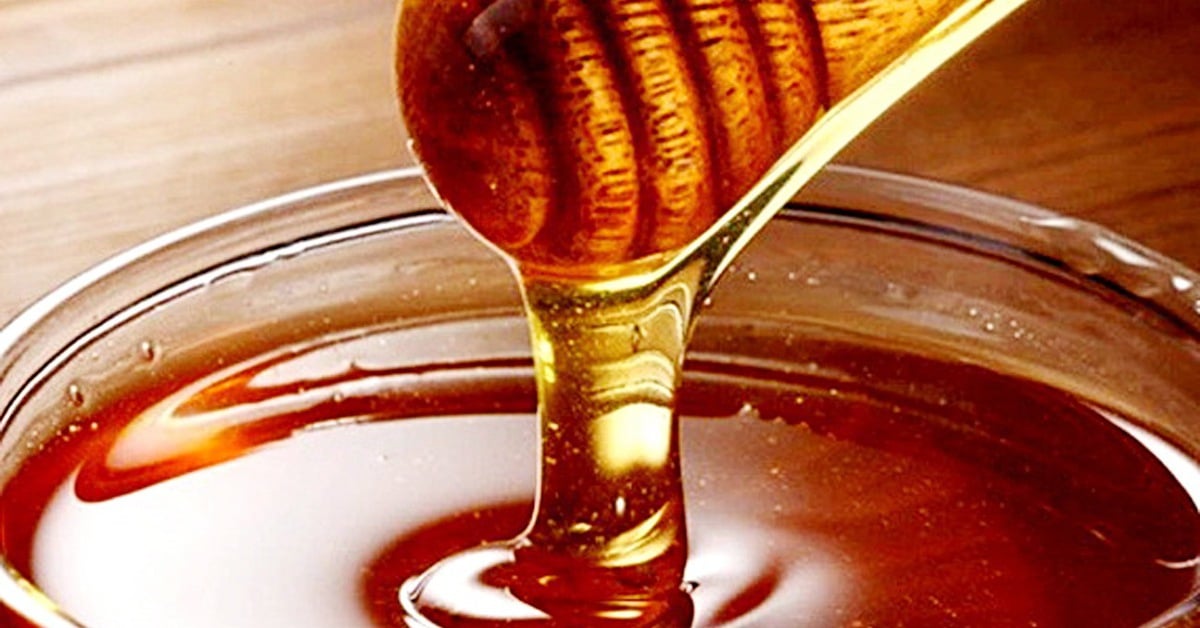


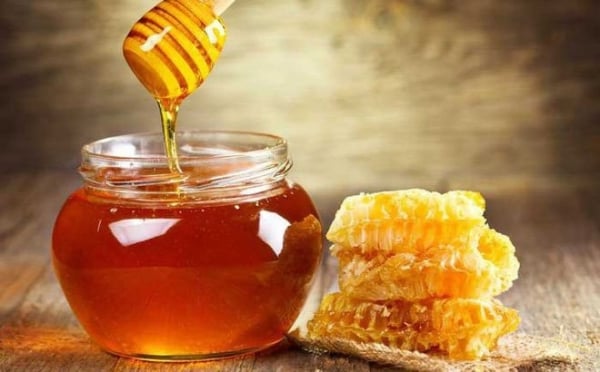


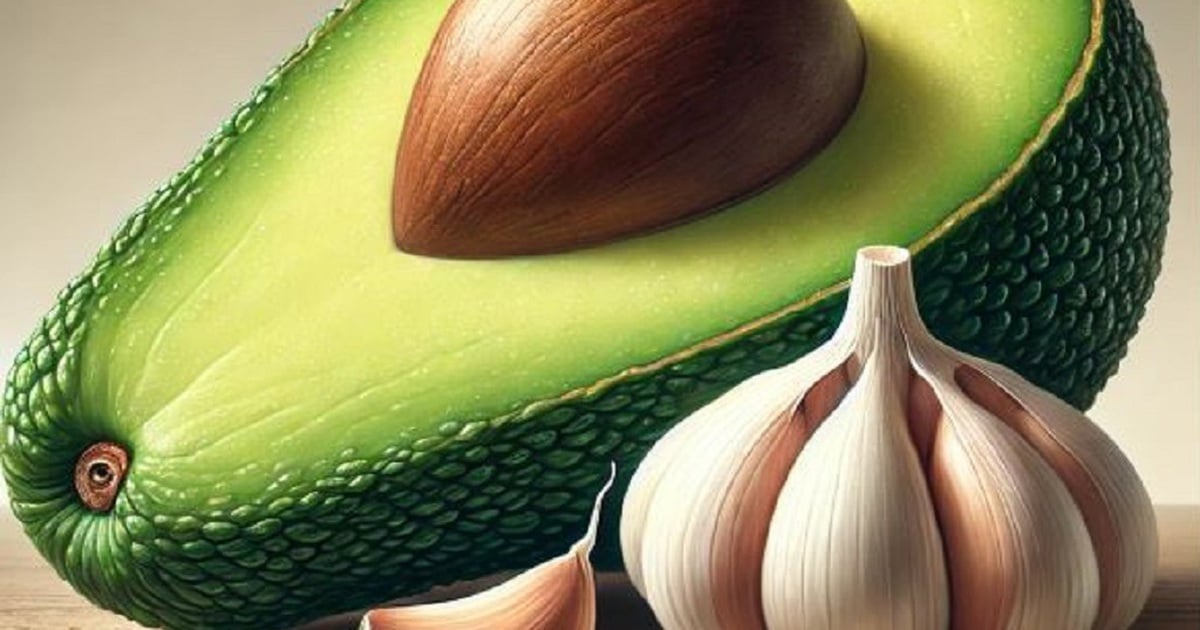

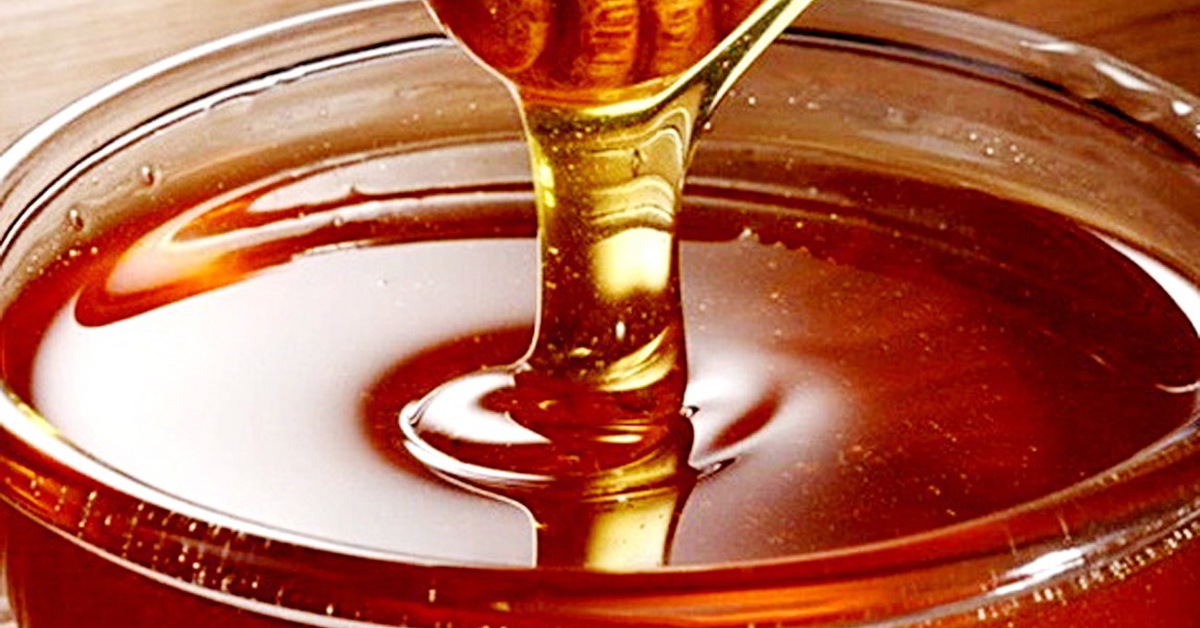
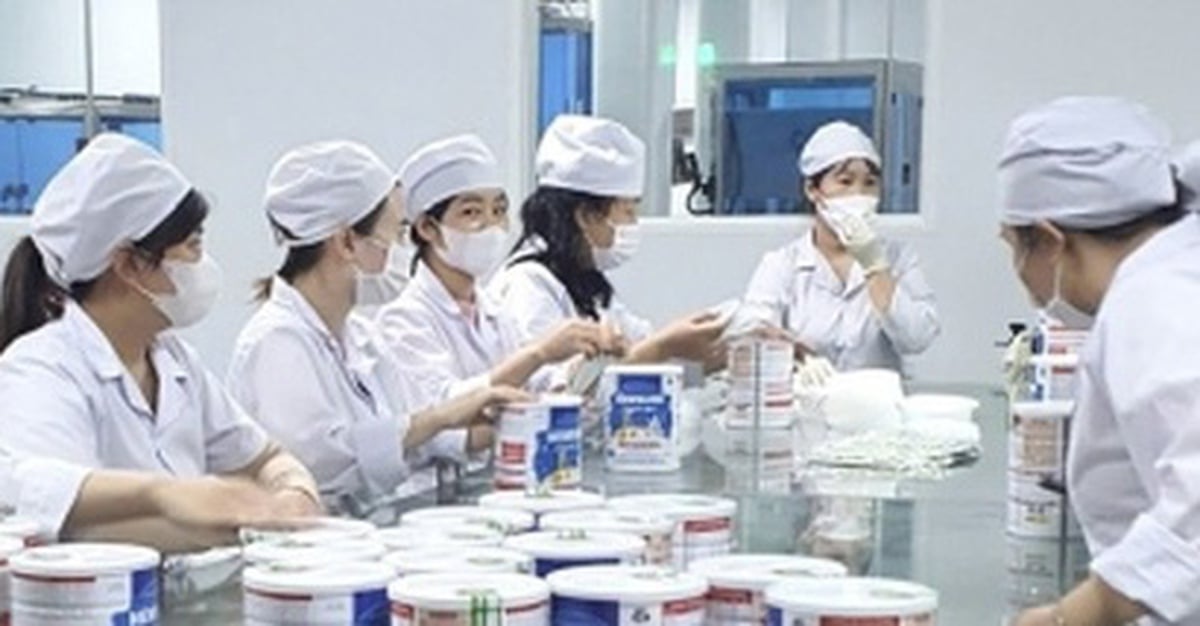
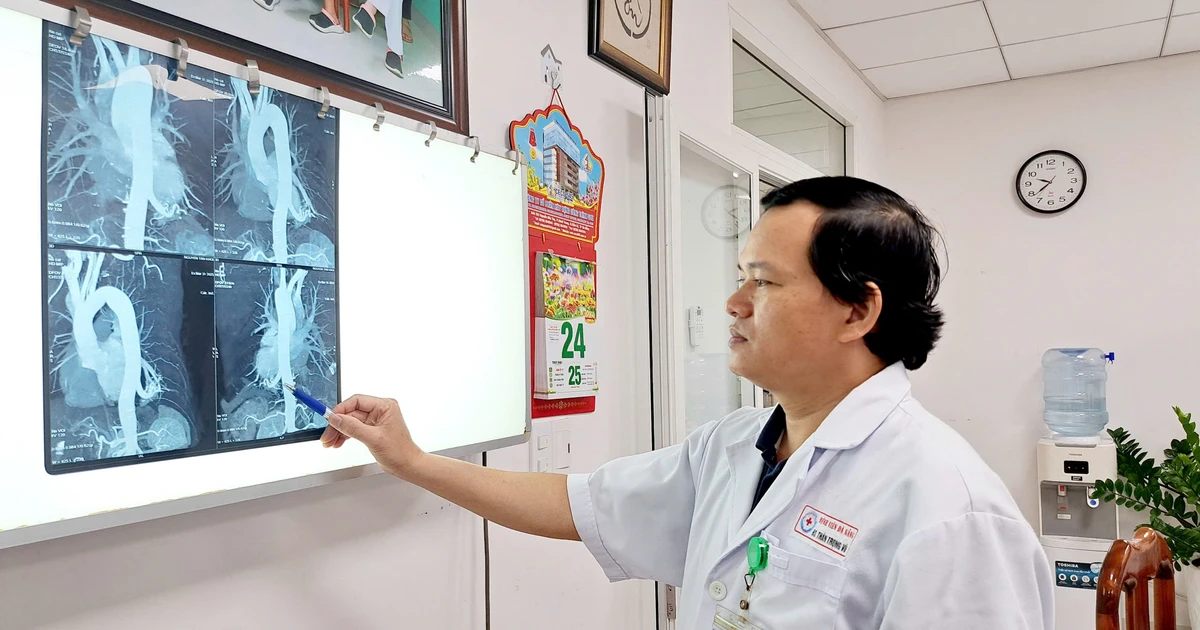



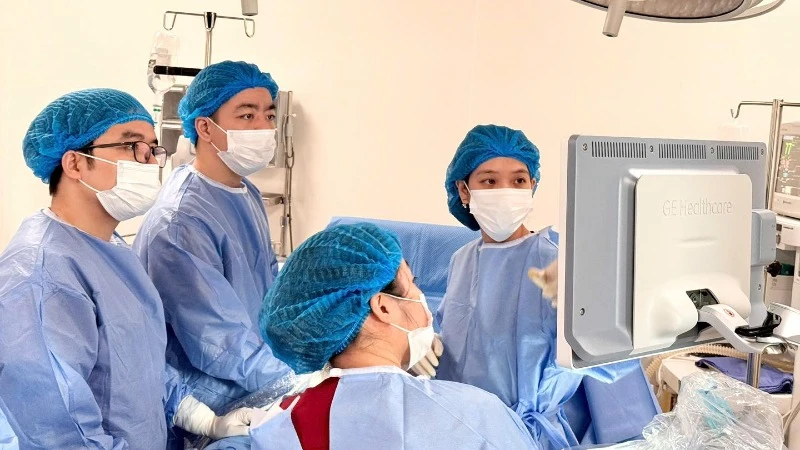


















































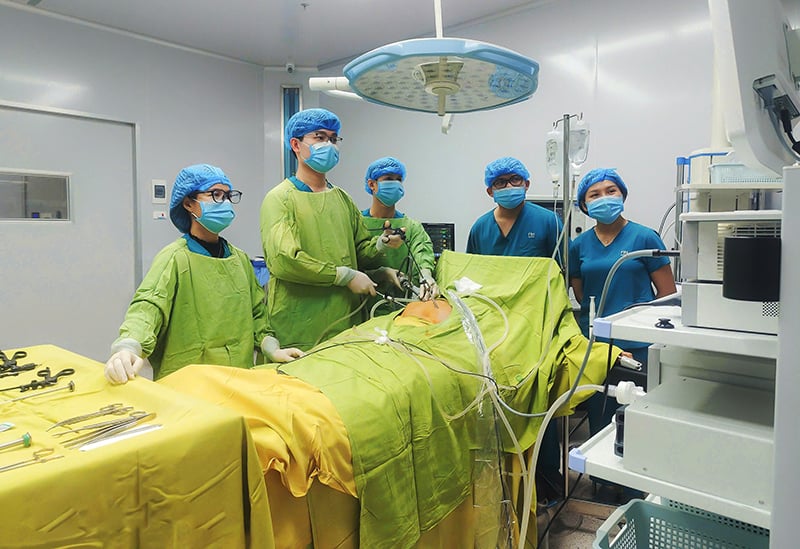













Comment (0)